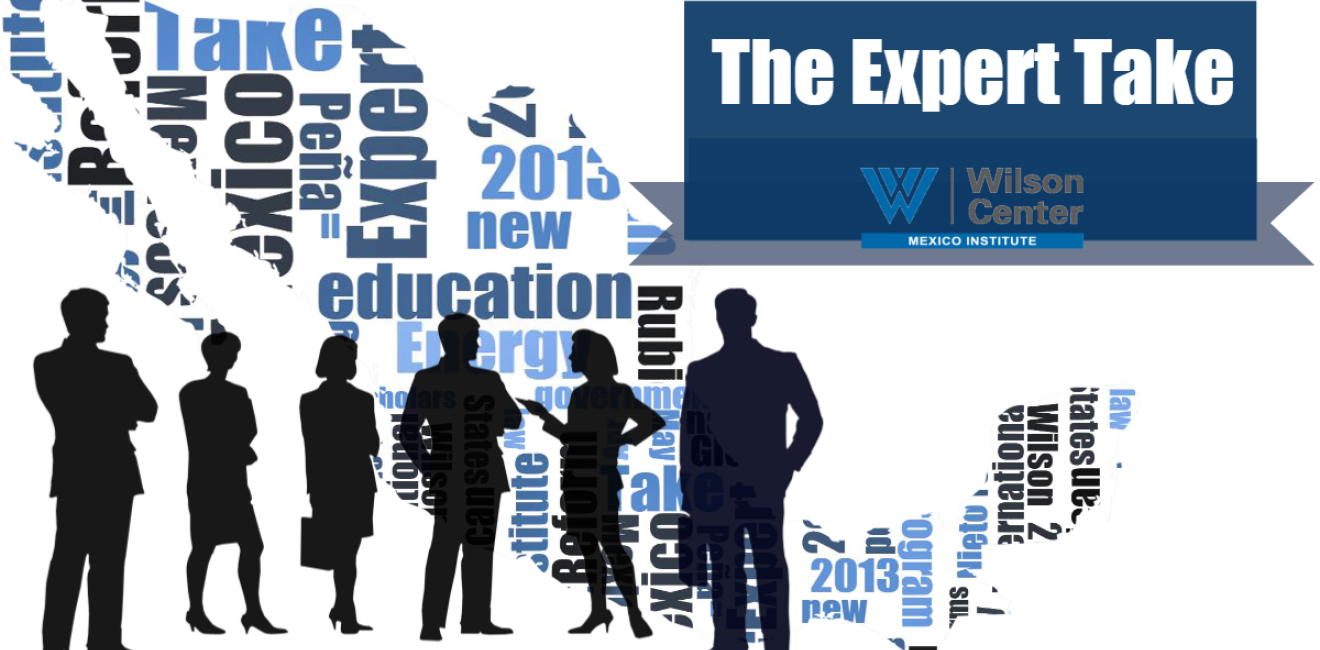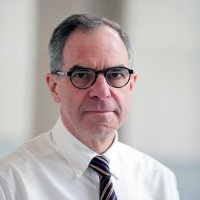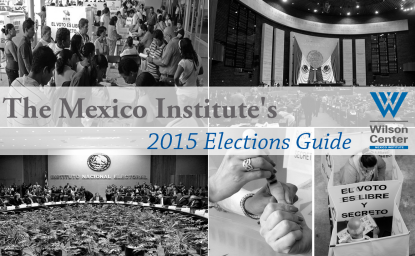Time in Politics
In this Expert Take, Luis Rubio discusses timing in politics. "In public life, say politicians, nothing is more important than timing."
In this Expert Take, Luis Rubio discusses timing in politics. "In public life, say politicians, nothing is more important than timing."

In public life, say politicians, nothing is more important than timing. An identical action or announcement can have dramatically different effects, depending on the moment that they are undertaken. That would not have surprised St. Augustine, who from the V Century had affirmed that “time is present in three facets: the present, which is presently experienced; the past, which is presently remembered, and the future, which is presently expected”. The problem in our era is that those three moments have been compressed, converting this famous “timing” into the most important variable of economic-policy management, if not, de facto, the only relevant one.
Easy enough to say, but the linchpin of the world into which we are entering is the time of our times. Before, time was a variable inexistent in the economic policies that for decades counseled the International Monetary Fund (IMF) and a Pleiades of economists. The logic at that time was simple and straightforward, but also static because that way it permitted a world that changed relatively little and not rapidly: it was possible to move from one point of equilibrium to another following a known set of policy measures. Economic policy followed a known formula, thus a reform’s taking more or less time to mature was irrelevant. That’s no longer true.
In the world of globalization and, above all, a world of mushrooming expectations, time is not only important: it’s the only important thing. David Konzevik argues that “expectations go by elevator while income growth goes by the stairs” and that incongruence entertains profound political implications, the very ones that explain to a good degree the uneasiness afflicting the country at present. Time isn’t important: it’s everything.
In this context, it’s naive to think that, in political and credibility terms, the results can wait without the people seeing tangible progress, not in macroeconomic numbers but rather, as Perón said, “in the most sensitive organ of the human body, the pocket”. In this world, the only way to make the contrast compatible between the speed at which expectations grow and the daily reality is with leadership capable of maintaining hope, that which there isn’t today.
The notion that time is not important, that it is an infinite resource and that things solve themselves is very attractive but fallacious and constitutes a phenomenal milieu for disruptive leaderships promoting miraculous solutions that they could never supply.
The problem of time becomes even more complicated with another change that is revolutionizing our reality: everything is known instantaneously. The combination of the ubiquity of information with such a poor economic performance and high unemployment angers the population and turns other issues into crucial breaking points: this is how corruption has become a revolutionary factor, rendering a lethal blow to the traditional political class. It is sufficient to observe the contrast between the responses given by the politicians of Brazil and Chile on the one hand, and by the politicians of Mexico on the other, to cases of corruption: independently of whether they have done it well or poorly, there they were obliged to respond; here the government thinks that a not-very-poor result in the upcoming elections will dislodge it from the hole.
The paradox is that, while the political class were able to respond to common claims (education, transport, health), it is practically impossible for it to eliminate corruption, because that’s what supplies the fuel for its activity. Worse, the pressure that the society exerts, above all through the social networks, grows not linearly but exponentially. Also exponential is the pressure to improve the living standards of the majorities that decide the elections; thus, the argument that it is possible to wait until things mature is an illusion. The only truth is the reality of today. This is the challenge to which the government must rise.
The great advantage, even if ephemeral and scarcely edifying, that Mexican politicians possess with respect to those of Brazil and Chile is that Mexico is a country infinitely less democratic that theirs. If Mexican politicians were to understand this factor and, above all, the fact that, as much as they’d like it to be, it is not infinite or immoveable variable, they could convert it into a transformative instrument. While the Brazilian and Chilean societies have corralled, each in its own way, their respective governments, forcing them to respond, in Mexico nothing’s happened. The Mexican government’s opportunity lies in anticipating this demand.
The government was paralyzed in the face of the events of Iguala in September, more the product of its own incapacity of response and its expectation that the electoral result would vindicate it and extricate it from the social contempt, than from the probability that the cases of corruption could bring in down, something not inconceivable in our Southern neighbors. Here it is evident that, however free the elections might be and however much the votes count, in Mexico a huge distance persists between the society and the government. That is, however much corruption there is, the risk of a top-level politician losing his job is risible.
The time of our times will end up eliminating that privilege, which sooner or later will disappear, a circumstance that confers the enormous opportunity of anticipating it. If the economic performance doesn’t change suddenly, what the government can’t do is pretend that time doesn’t matter and that it will be eternally protected from social pressure. Leadership and hope have never been more important.
Luis Rubio is a Global Fellow and Member of the Advisory Board of the Mexico Institute at the WWICS and President of the Center of Research for Development (CIDAC).


The Mexico Institute seeks to improve understanding, communication, and cooperation between Mexico and the United States by promoting original research, encouraging public discussion, and proposing policy options for enhancing the bilateral relationship. A binational Advisory Board, chaired by Luis Téllez and Earl Anthony Wayne, oversees the work of the Mexico Institute. Read more



